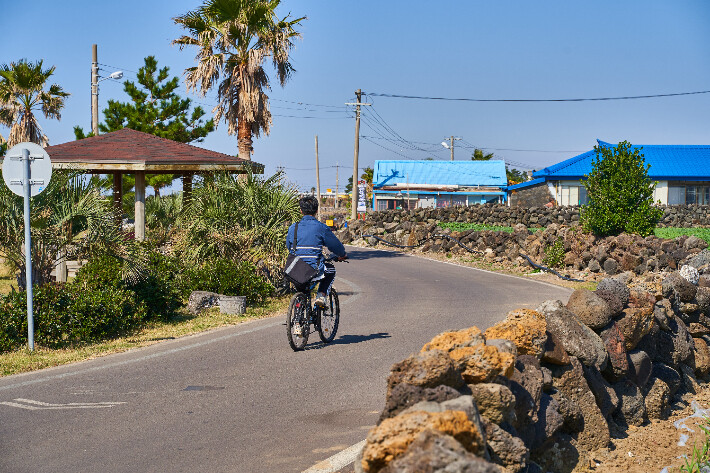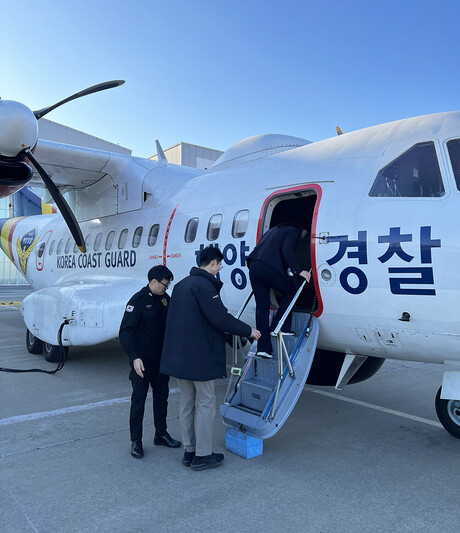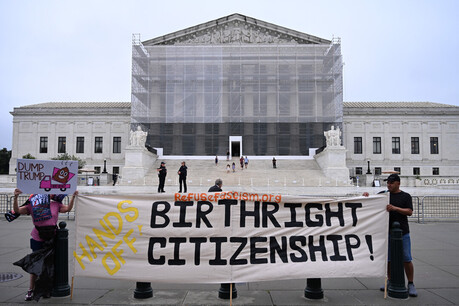
Jeju, South Korea – The escalating frequency and severity of extreme weather events linked to climate change are wreaking havoc on Jeju Island's agricultural and fisheries sectors, according to a recent report by the Bank of Korea’s Jeju branch.
The report revealed that the island experienced significantly higher average monthly temperatures and increased rainfall from January to October compared to normal years. October saw a record-breaking 15.5 days of rainfall, far exceeding the average of 6.9 days. Moreover, the average sea temperature in August reached 27.8 degrees Celsius, a notable increase of 2.8 degrees compared to 2020.
Jeju Island, along with Gangwon Province, has been identified as having a high climate risk index, indicating a higher vulnerability to extreme weather events such as abnormal temperatures, excessive rainfall, droughts, and sea-level rise.
Agriculture and fisheries have borne the brunt of these extreme weather conditions. Farmers have reported crop failures, stunted growth, and increased produce spoilage due to diseases exacerbated by the unusual weather. The combination of high temperatures and heavy rainfall during the harvest season in October and November exacerbated the damage.
Crops like buckwheat, beans, cabbage, and broccoli suffered from germination issues and fungal diseases. As a result, the output of beans is expected to decrease by 22% compared to the previous year. Citrus fruits experienced heat cracks and delayed coloring, while winter radishes were damaged by flooding in November.
The fisheries sector has also been hit hard. The elevated sea temperature led to significant mortality rates among farmed olive flounder. Additionally, the scarcity of fish due to high temperatures has negatively impacted coastal fishing. The catch of hairtail, a major fish species in Jeju, declined by 29.5% in the third quarter compared to the previous year.
Given the significant contribution of agriculture and fisheries to Jeju's economy, these adverse impacts pose a serious threat to the region's employment and overall economic growth. Furthermore, the reduced production of crops and seafood specific to Jeju, such as cabbage, winter radish, citrus fruits, broccoli, hairtail, and olive flounder, could lead to nationwide price increases and market volatility.
To mitigate the damage and its economic consequences, the report recommends several measures. In the short term, the government and local authorities should revise the calculation of damage rates for disaster compensation and expand the scope of compensation. Additionally, efforts to increase the enrollment rate for crop insurance should be intensified. For long-term solutions, the report suggests investing in infrastructure such as extending seawater intake pipes for aquaculture farms and installing disaster prevention facilities for farms.
[Copyright (c) Global Economic Times. All Rights Reserved.]





























